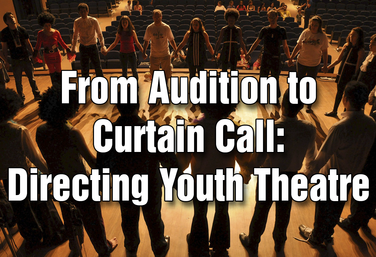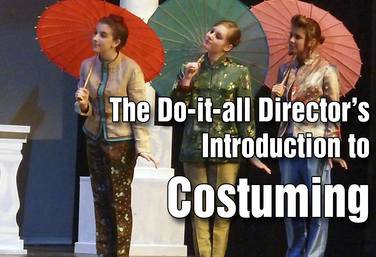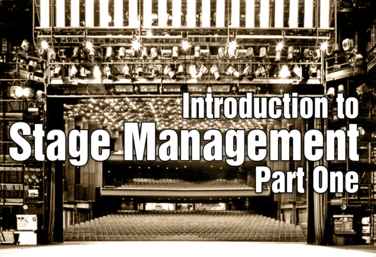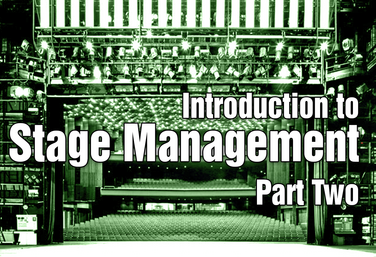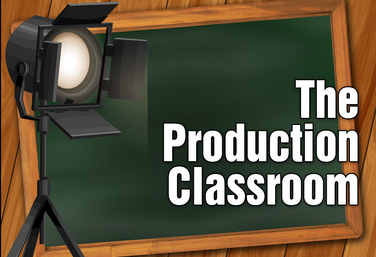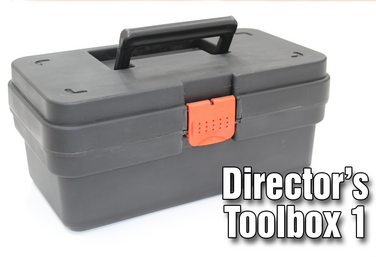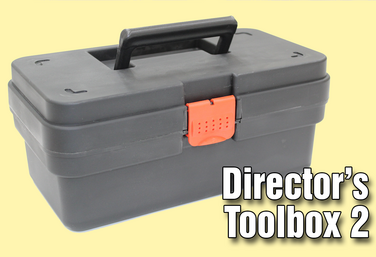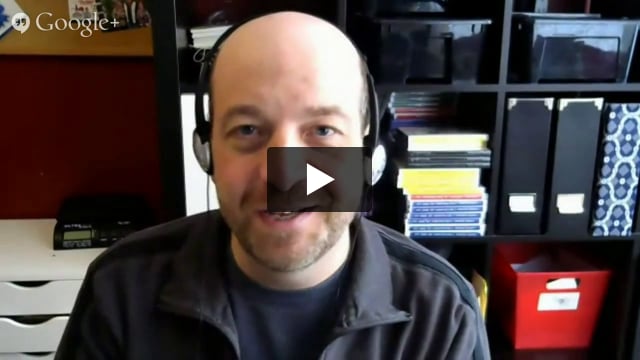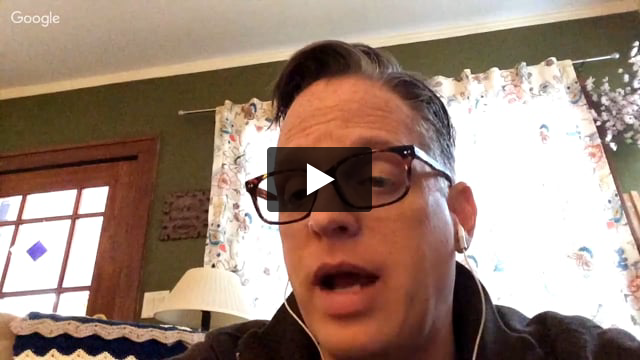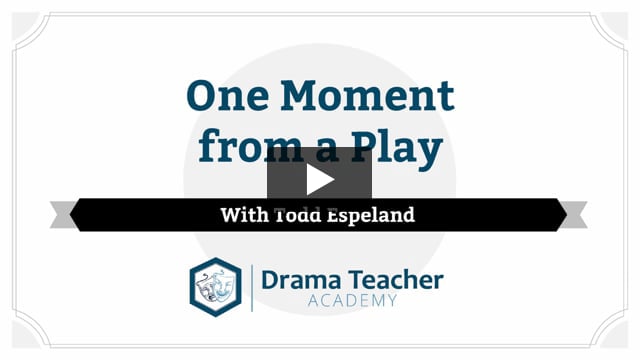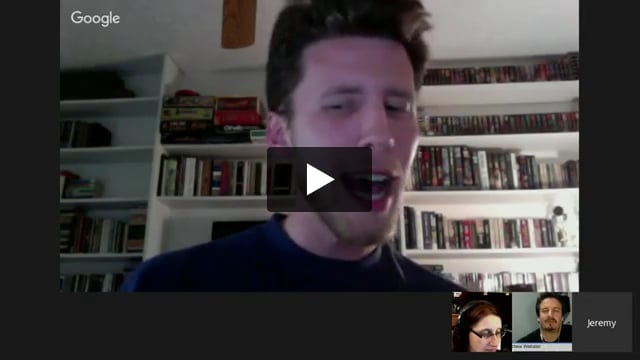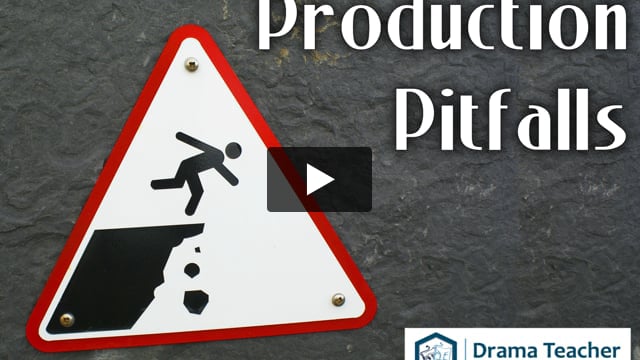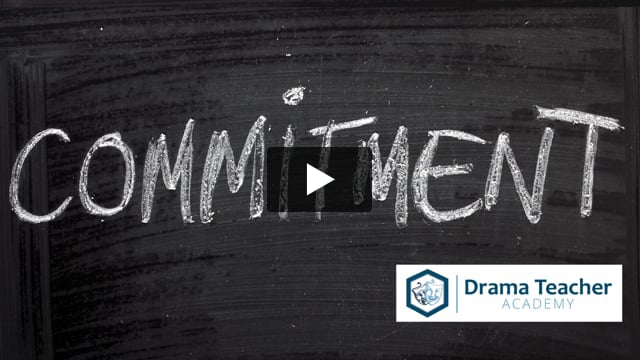Items tagged "Directing"
9 Courses, 10 Lesson Plans, 7 Resources, and 5 PLCs tagged "Directing" for Drama Teachers.
Courses
From Audition to Curtain Call: Directing Youth Theatre
by Steven Stack
The Do-it-All Director's Introduction to Costuming
by Holly Beardsley
Concept-Based Design for the Theatre Teacher
by Matt Webster
Introduction to Stage Management Part One
by Karen Loftus
The Do-it-All Director's Introduction to Set Design
by Holly Beardsley
Introduction to Stage Management Part Two
by Karen Loftus
The Production Classroom
by Karen Loftus
Director's Toolbox 1: Teaching Students to Direct
by James Van Leishout
Director's Toolbox 2: Teaching Students to Direct
by James Van Leishout
Lesson Plans
Images on Stage: War Posters
by Lindsay Price
Pirate Ship Stage Directions
by Ruth Richards
Stage Direction Tic-Tac-Toe
by Marisa Peck
Staging the Location Exercise
by Lindsay Price
What Is the Right Way to Direct?
by Lindsay Price
Directing: What Is the Purpose of Production?
by Lindsay Price
Emergency Lesson Plan: Directing Masterclass
by Lindsay Price
Transitions
by Kerry Hishon
Problem Solving for Student Directors
by Kerry Hishon
Emergency Lesson Plan: Theatrical Problem Solving - The Director
by Lindsay Price
Resources
Directing First Time Actors
Creating a Director's Vision
Sample Rehearsal Schedule with Exercises
Masterclass with Todd Espeland: Directing
How do you look for a show?
One Moment From a Play
Directing Style Chart
PLCs
Technical Theatre
Hosted by Matt Webster and Karen Loftus
Tech Hacks: Tips and tricks to make your production a technical success!
Hosted by Matt Webster and Holly Beardsley
Rock your next Rehearsal
Hosted by Matt Webster & Jeremy Bishop
Production Pitfalls
Hosted by Matt Webster, Jeremy Bishop, and Heather Brandon
Commitment
Hosted by Matt Webster, Jeremy Bishop, and Heather Brandon
